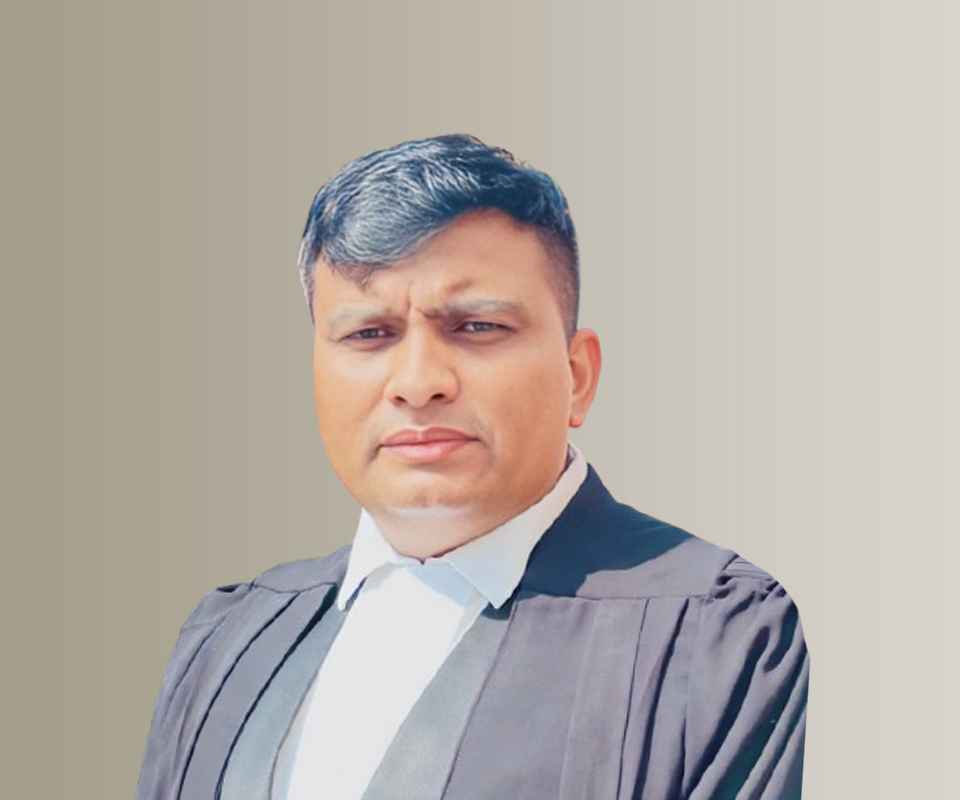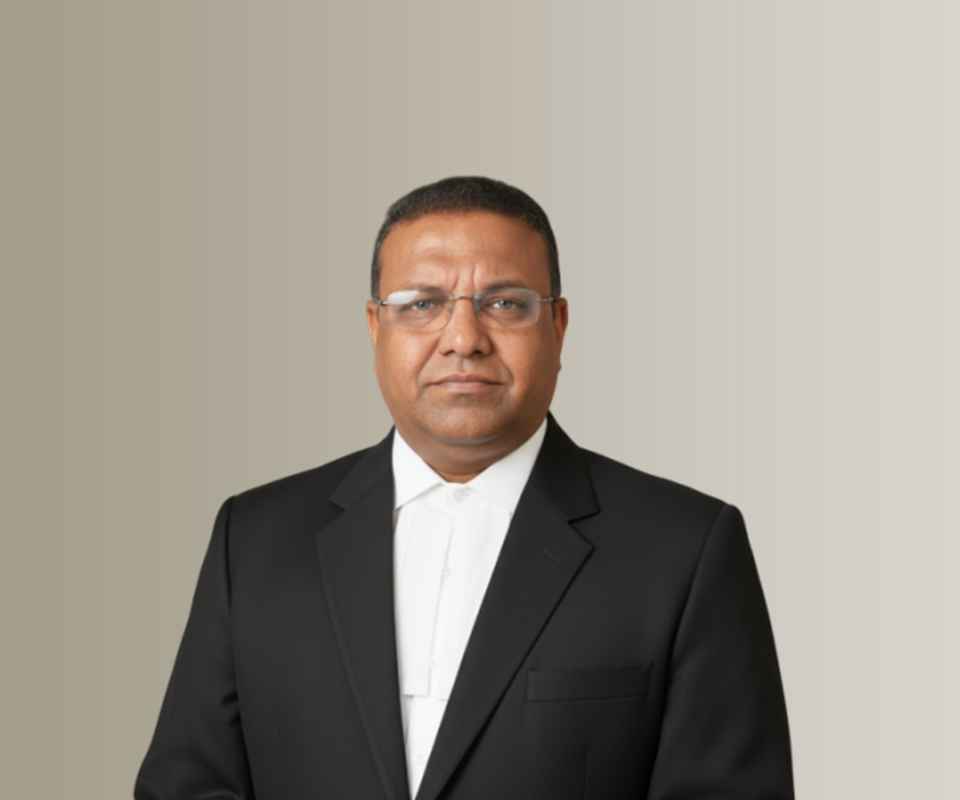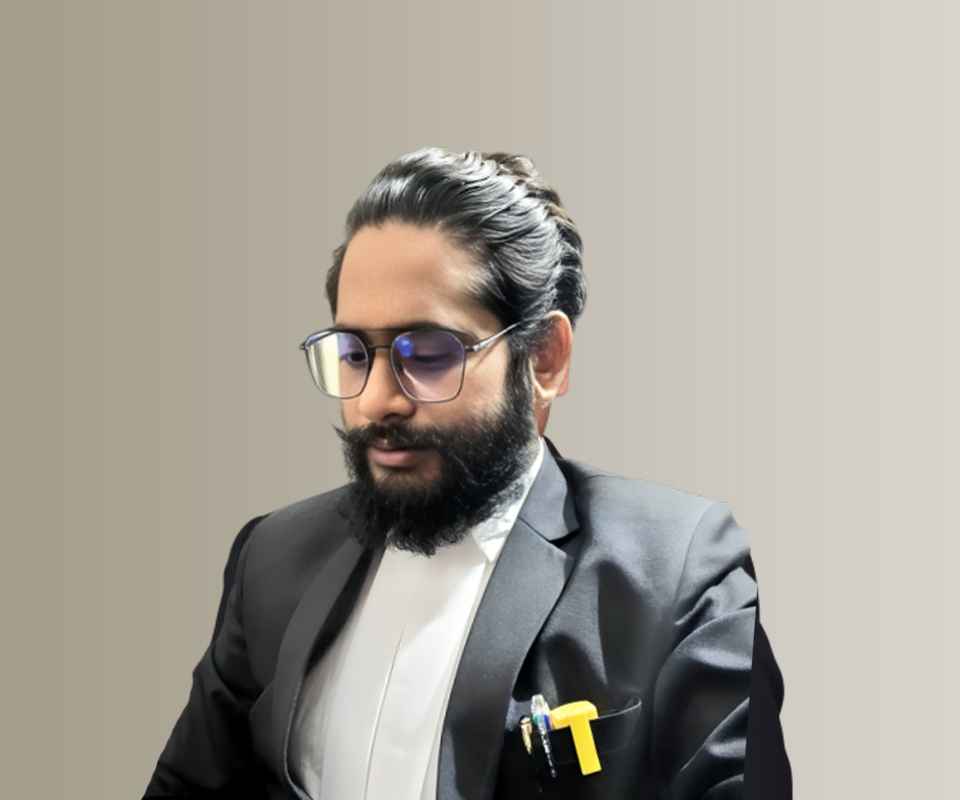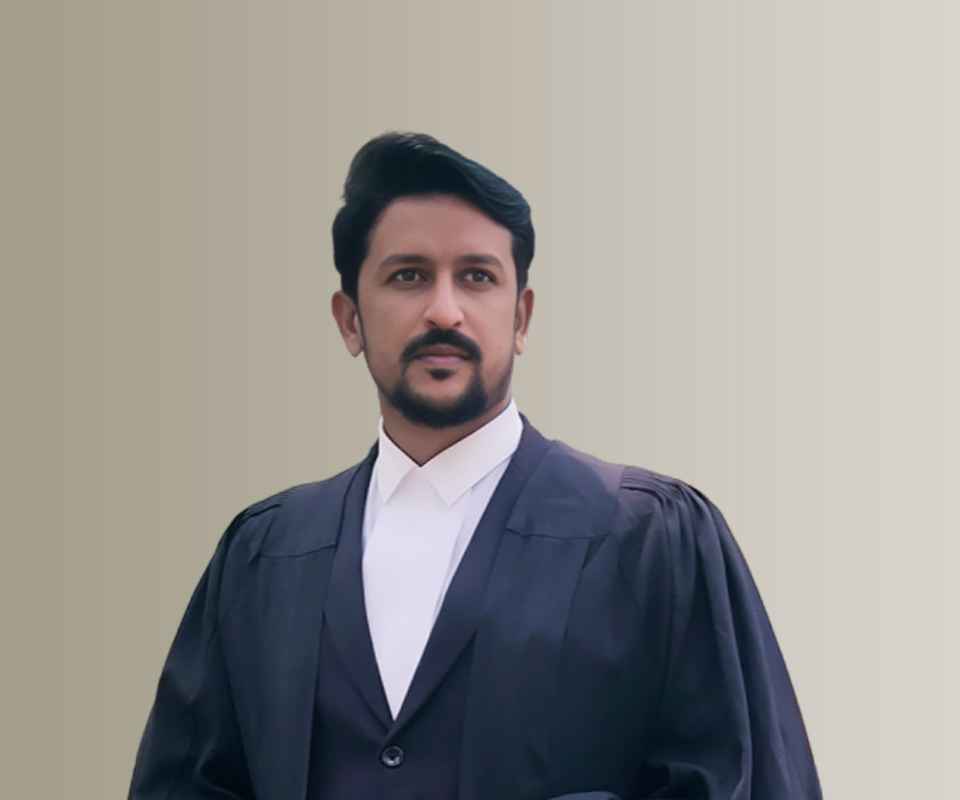Answer By law4u team
Compulsory licensing in patents is a legal provision that allows the government or a third party to use a patented invention without the consent of the patent holder, under specific conditions, in the public interest. In India, this is governed by the Patents Act, 1970 (not criminal law, so BNS/BNSS do not apply here). Definition of Compulsory Licensing A compulsory license is a license granted by the Controller General of Patents to a third party (not the patent owner), allowing them to produce and sell a patented product or use a patented process without the permission of the patent holder. It is not a theft or violation, but a legal exception allowed under the law to protect public health, national interest, or to counter monopolies. Legal Basis: Patents Act, 1970 (India) Sections 84 to 92 of the Act deal with compulsory licensing. Grounds for Granting Compulsory License \[Section 84] Any person can apply for a compulsory license after 3 years from the date of grant of the patent, on one or more of the following grounds: 1. Reasonable requirements of the public are not being satisfied (e.g., limited supply, hoarding, or monopoly control) 2. The patented invention is not available at an affordable price (especially in essential sectors like medicines or technology) 3. The invention is not being worked in India (i.e., it’s not being manufactured or used to benefit Indian public) Special Provisions – Section 92 The Central Government can also direct compulsory licensing in case of: National emergency Extreme urgency Public health crises (like epidemics or pandemics) In such cases, the waiting period of 3 years is waived, and license can be granted immediately. TRIPS Agreement and Compulsory Licensing India’s compulsory licensing provisions are TRIPS-compliant (Agreement on Trade-Related Aspects of Intellectual Property Rights), especially Article 31 of TRIPS, which permits such licenses under specific safeguards. Famous Case in India Natco Pharma vs. Bayer (2012): Bayer had a patent on a cancer drug Nexavar, priced at ₹2.8 lakh/month. Natco applied for compulsory license, promising to sell it at ₹8,800/month. The Controller of Patents granted the license. It was the first compulsory license issued in India, under Section 84. Key Points to Remember Patent holder still retains the patent; only the use is licensed. The licensee must pay royalty to the patent holder (reasonable amount decided by the authority). The objective is to balance innovation rights and public interest. It cannot be used arbitrarily—proper procedure and evidence are required. Summary Compulsory licensing is a legal tool that allows the use of patented inventions without the patent holder’s consent, but only: When public interest is at stake If the patented product is not reasonably accessible With government or patent office approval Subject to payment of royalties It ensures that intellectual property rights do not override the rights of the public, especially in critical areas like healthcare, food, and national emergencies.









